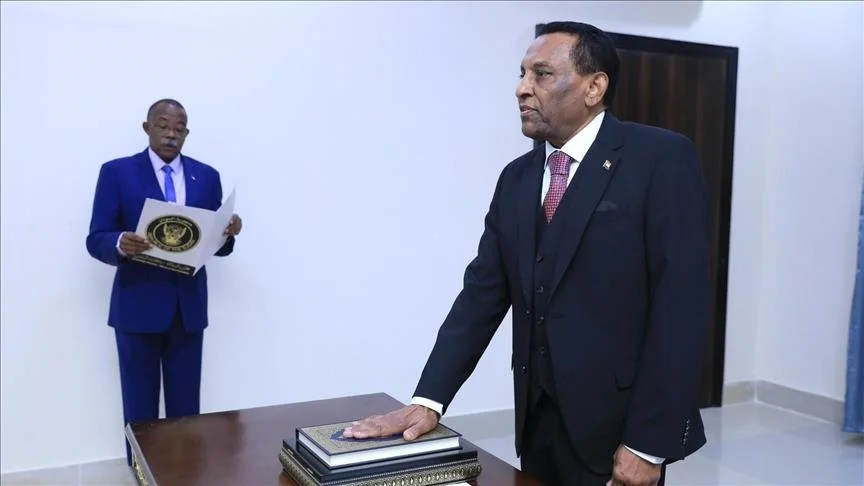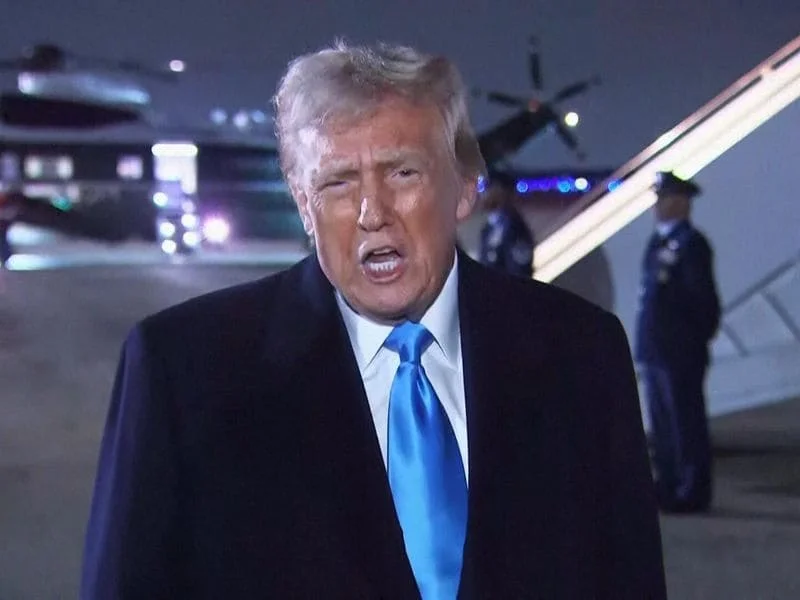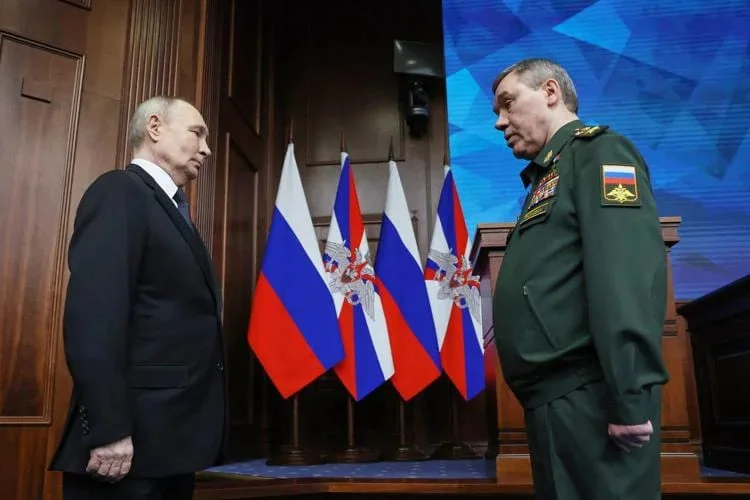Sudan’s newly appointed Prime Minister Kamil Idris a day after being sworn-in dissolved the country’s caretaker government on Sunday, marking his first major move in office as the war-torn nation struggles with a deepening civil conflict and humanitarian crisis.
According to Sudan’s state News Agency SUNA, Idris formally announced the dissolution of the transitional Cabinet and instructed ministry secretaries-general and undersecretaries to manage operations temporarily until a new government is formed.
Security First: Defeating the Insurgency
In his inaugural address to the nation, broadcast on Sudan’s state television, Idris set the tone for his administration with a firm commitment to restoring national security and sovereignty.
“Our highest priority is safeguarding Sudan’s national security and state sovereignty by defeating the insurgency and armed rebel groups,” he said, without naming specific groups.
Sudan has been gripped by civil war since April 15, 2023, when fighting erupted between the Sudanese Armed Forces and the powerful paramilitary Rapid Support Forces (RSF).
The conflict has devastated the country, killing over 20,000 people, displacing 15 million, and leaving regions like Darfur on the brink of famine and humanitarian collapse.
However, new research from U.S.-based scholars estimates the true death toll could be closer to 130,000.
Message to Foreign Actors
In his address, Prime Minister Idris issued a pointed warning to foreign governments, calling on those supporting the RSF and other armed factions to cease all involvement.
“We urge all countries to stop planning, financing, and cooperating in such efforts,” he said, though he did not name specific nations.
Sudan’s military-led government has previously accused the UAE, Chad, Libya, and South Sudan of backing the RSF, either directly or through the supply of arms and logistical support.
Commitment to Political Neutrality and Dialogue
While addressing the fragile political landscape, Idris emphasized his commitment to neutrality and inclusivity.
“We will treat all political and national actors equally and stand at an equal distance from all,” he stated, promising to facilitate a Sudanese-Sudanese dialogue that “leaves no one behind.”
Idris also pledged allegiance to the principles of justice, peace, and sustainable development, aiming to restore institutional trust and civil governance amid an ongoing power vacuum.
Background: A Long Road to Government Formation
The prime minister’s appointment signals a long-overdue shift in Sudan’s political trajectory.
The office was previously occupied in an unofficial capacity by Dafallah Al-Haj Yousif, Sudan’s former ambassador to Saudi Arabia.
Ministries had been operating under a mix of acting ministers and military-appointed technocrats since the collapse of the 2021 civilian-military power-sharing arrangement.
Despite repeated promises from General Abdel Fattah al-Burhan, head of the Transitional Sovereignty Council, to install a transitional government, Idris’s appointment is the first tangible step toward governance reform in nearly two years.
Ongoing Turmoil and Historical Context
Sudan has remained politically unstable since the 2019 ousting of longtime dictator Omar al-Bashir, following mass protests.
Hopes for democratic transition have since been derailed by coups, military infighting, and a spiraling humanitarian crisis.
As Prime Minister Idris takes the reins, Sudan faces a pivotal moment.
Can a technocratic leader restore order, rebuild trust, and navigate the minefield of domestic rebellion and foreign interference?























